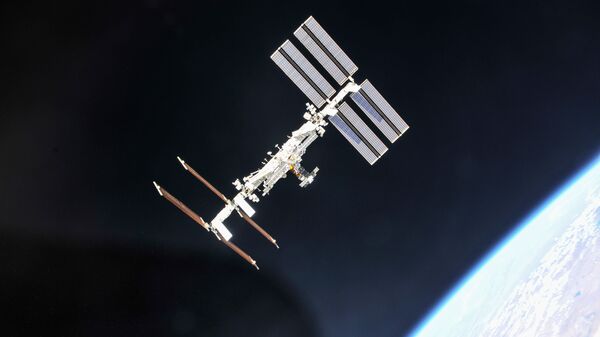"On 27 March, India successfully tested anti-satellite weapons, as a result of the destruction of the spacecraft, more than 100 fragments were formed in the altitude range from 100 to 1,000 kilometres, orbiting very close to the ISS, which may create threats in the near future," senior assistant to the head of the department of the Main Space Intelligence Centre of the Russian Defence Ministry Roman Fatakhov said in a speech at a conference on space debris.
The United States had criticised India over the anti-satellite missile test, calling it unacceptable and incompatible with the future of human space flight.
In turn, the Russian Foreign Ministry called anti-satellite (ASAT) tests conducted by India a result of the deterioration of the situation in the arms control sphere, caused by US actions.
Earlier, Indian Prime Minister Narendra Modi announced that New Delhi had successfully tested its first anti-satellite missile by hitting a defunct Indian satellite at an altitude of 300 kilometres (186 miles).
Modi added that India had become the fourth country in the world to possess such a weapon after China, Russia and the United States.
India has been developing its space program since it gained independence from the British Empire in 1947.


